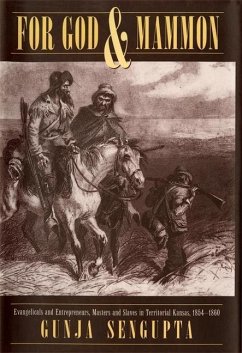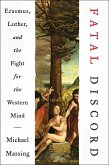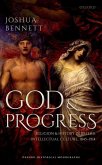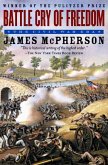This book explores the multiple dimensions of the antebellum Kansas tempest as a microcosm of the larger history of sectional conflict and reconciliation. It shows, through an examination of the antislavery ends and means of the American Missionary Association, the American Home Missionary Society, and the New England Emigrant Aid Company, that the northeastern free-state contingent in Kansas represented a wide spectrum of opinion on black bondage, ranging from racially egalitarian Christian abolitionist absolutism on the one hand to free labor pragmatism on the other. Nevertheless, Yankee confrontations with the allegedly parallel unprogressive forces of "slavery, rum, and Romanism" in the territory evoked compelling public images of civilization and savagery, freedom and dependence that broadened the appeal of antislavery politics in the free North on the eve of the Civil War. At the same time, For God and Mammon analyzes the ideology and dynamics of proslavery activism in Kansas, demonstrating how clashing conceptions of republicanism and capitalism helped frame the terms of debate over slavery. Finally, the book argues that the sharp polarities of slavery discourse in Kansas obscured a more ambiguous reality. Southerners resorted to fraudulent voting and appealed to anti-abolitionism, nativism, and racism not only to battle Northern elements but to score points over their proslavery whiggish rivals as well. Schisms within a competitive, business-minded pro-Southern elite contained the seeds of Mammon's triumph over political ideology in some proslavery circles and facilitated a sectional truce at the African American's expense even before the slavery question had faded from thepolitical horizon of the territory.
Hinweis: Dieser Artikel kann nur an eine deutsche Lieferadresse ausgeliefert werden.
Hinweis: Dieser Artikel kann nur an eine deutsche Lieferadresse ausgeliefert werden.








